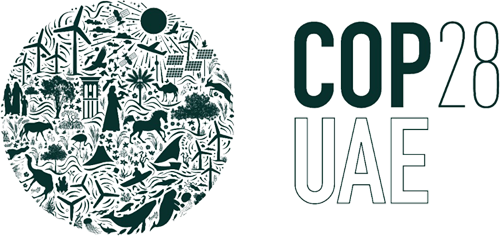

Environmental crime degrades ecosystems and contributes to climate change. The high-level event will provide a compelling case on biodiversity-climate-crime nexus and set actions for the Global Stocktake to integrate into approaches to reduce deforestation and marine degradation for climate mitigation.

IPCC and IPBES repeatedly warn about the decline of ecosystems resilience and ability to sequester carbon. Destruction and degradation are key drivers of biodiversity loss.
Protection of critical carbon sinks is fundamental not only to keep on track below 1.5 C, but to avoid biodiversity loss and water resources collapse globally.
Deforestation, illegal exploitation of natural resources, marine pollution, underpinned by corruption, accelerate the erosion of ecosystems at an alarming rate. Illegal timber trade is worth ~$51-152bn a year, which is 15-30% of global timber production and, in some countries, up to 90% of national production. World Bank analyses of the impacts of continued deforestation in the Amazon suggest that loss of 20-25% of the remaining biome could trigger its dieback and more emissions.
Oceans absorb a third of CO2 and 90% of excess heat created by global warming. Higher temperatures and rising ocean acidity, combined with illegal, unreported and unregulated fishing, and widespread marine pollution, reduce oceans’ ability to absorb carbon dioxide.
The COP28 Global Stocktake calls for a clear and robust plan of action. Building on COP26/27 commitments to curb deforestation and biodiversity loss, the high-level diverse speakers will reinforce the biodiversity-climate nexus, highlighting how addressing crimes that affect the environment will increase ecosystems resilience for climate mitigation.